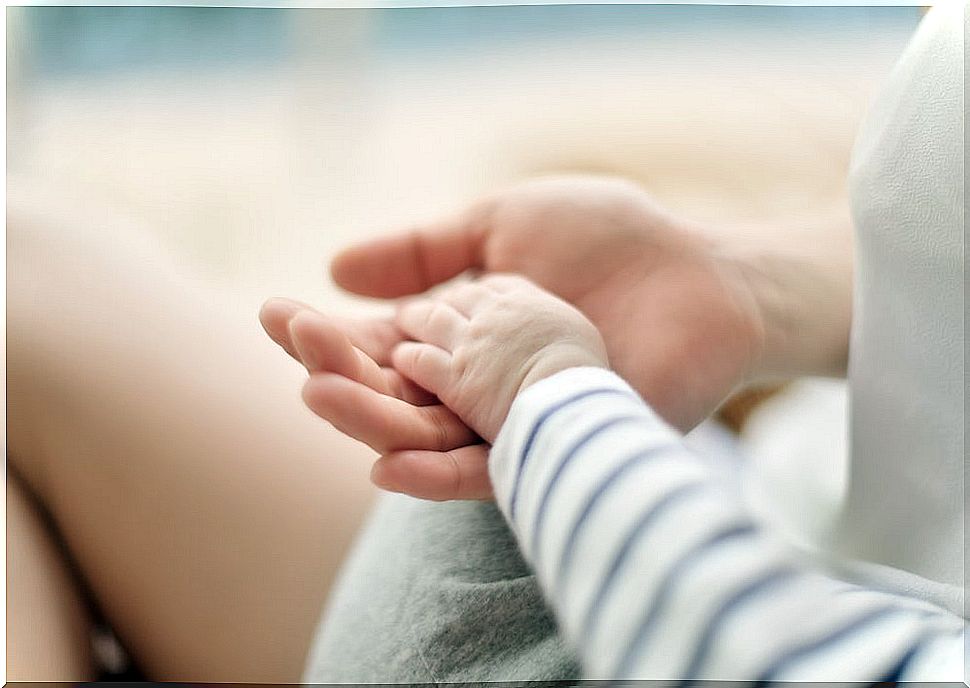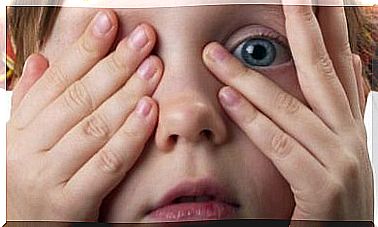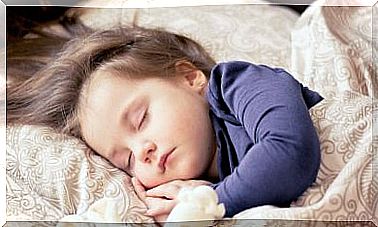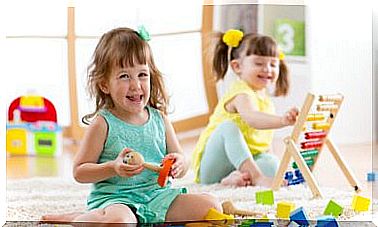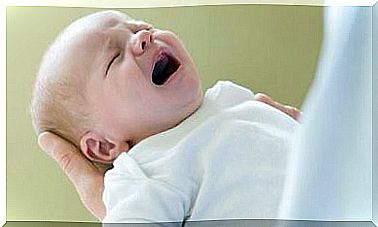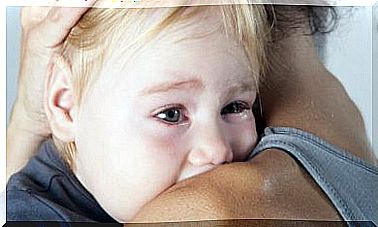Attachment Trauma: What Is It And How Does It Affect Children?

When we hear the word “trauma”, many of us may think that the person who suffers it has lived a dramatic experience of high emotional intensity and that it could have happened unexpectedly. However, there are other traumas, such as attachment trauma, which is produced by experiences during childhood or even in the mother’s womb.
Attachment is an emotional bond that the baby begins from birth with its parents or main caregivers. This is maintained throughout childhood and can even be extended to other family members. Children need to feel safe, cared for, accepted, and close to their parents.
What is attachment trauma?
The bond of attachment of babies with their main caregivers will be decisive for their life. For this reason, when these people are not present, or if they are, it is intermittent or anxious, the child will end up harmed and, perhaps, may develop attachment trauma. This will carry psychological, physical and social consequences throughout your life.
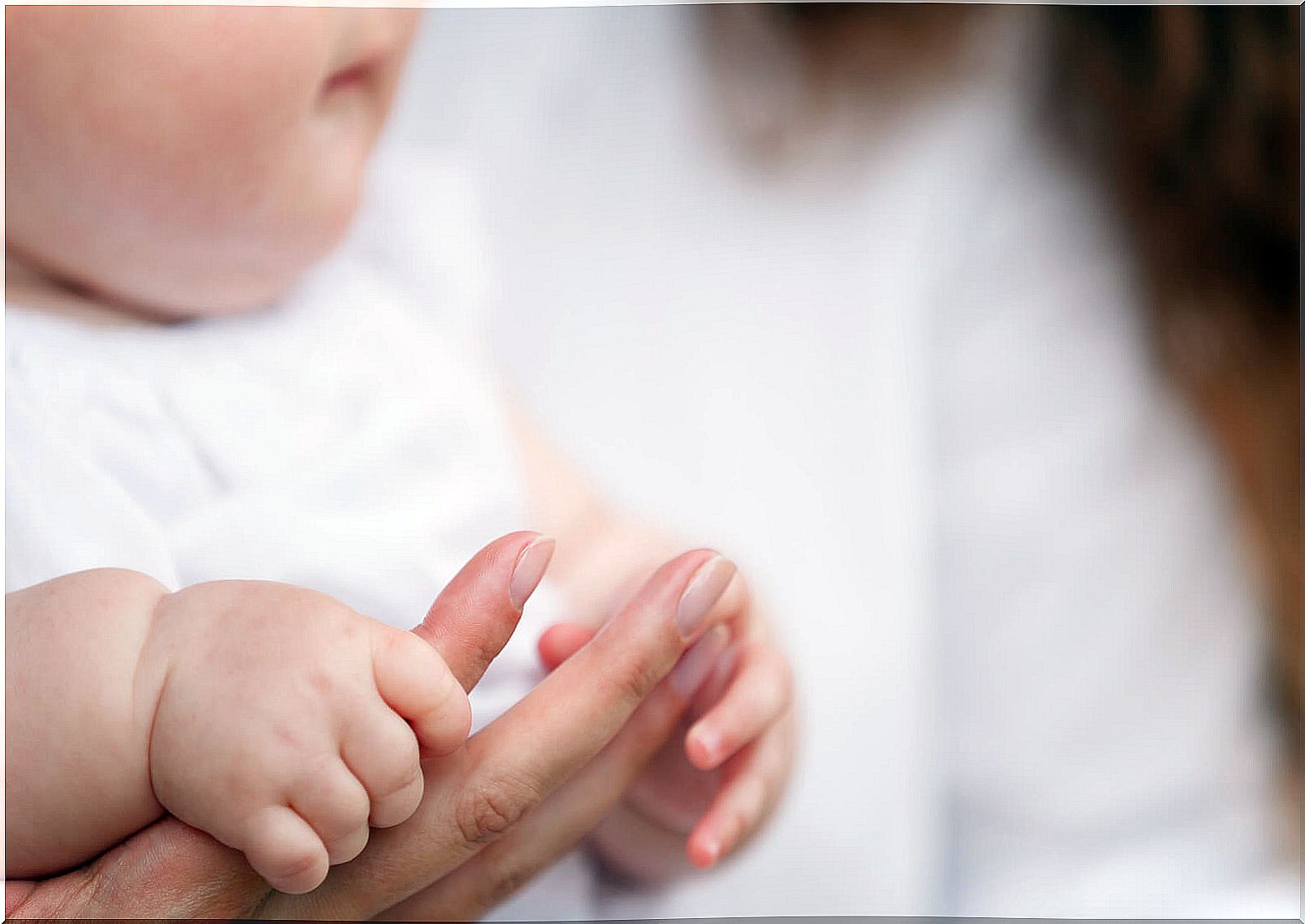
When a baby cries, if he is cared for, comforted and calmed, he will feel safe and will lower his activation level, since the presence of his attachment figure will help him to regulate that emotion that he is feeling. But what if the child is not cared for by anyone and is allowed to cry?
The little one will keep trying to get attention in any way he knows how. When you realize that no one is looking for you, you will stop trying. This will not calm you down, but will keep you aroused, as your needs have not been met.
These unpleasant experiences will affect you in your childhood, adolescence, and even into adulthood. You will learn alone, without a link to help you in this learning. This can end up producing insecure attachment trauma that can be classified as follows:
- Avoidant : they tend to reject social relationships and show a predisposition to isolate themselves.
- Anxious : they are very sensitive to rejection and constantly try to attract attention to be taken care of.
- Disorganized : they are not able to control their reactions to moments of emotional stress, therefore, they tend not to control their emotions.
If these situations occur frequently, they end up producing an accumulation of unpleasant and traumatic experiences for the little ones, which will end up developing an attachment trauma.
Consequences of attachment trauma
The consequences derived from this trauma are usually very harmful for people and can cause problems in the development of their personality and the way they see the world, themselves and others. Some of the consequences of attachment trauma are as follows:
Somatizations
When emotions are not expressed, they are retained in the body and go out in the form of physical symptoms (headaches and muscles, gastrointestinal problems, nervous tics, muscle aches, etc.)
Personality disorders
Attachment trauma, which produces symptoms that last over a long period of time, can lead to the development of personality disorders, such as borderline disorder, antisocial, histrionic, avoidance, dependency, or narcissistic disorder.
Self-esteem and security issues
We all learn to be good about ourselves, to feel safe and confident when we are accepted and establish secure bonds with our family. As we get older, we are faced with situations in which we will be evaluated, we will have to make decisions and strive to achieve what we want.
A person with attachment trauma will have many negative thoughts about themselves, they will not have learned to identify and recognize their strengths and weaknesses, as well as their abilities, and this will cause them to have problems with self-esteem and self-confidence.
Low tolerance to frustration
People with attachment trauma tend to have a low tolerance for frustration from childhood. They are people who, when faced with situations in which they do not obtain the results they expect, have excessive emotional reactions both towards themselves and towards others.
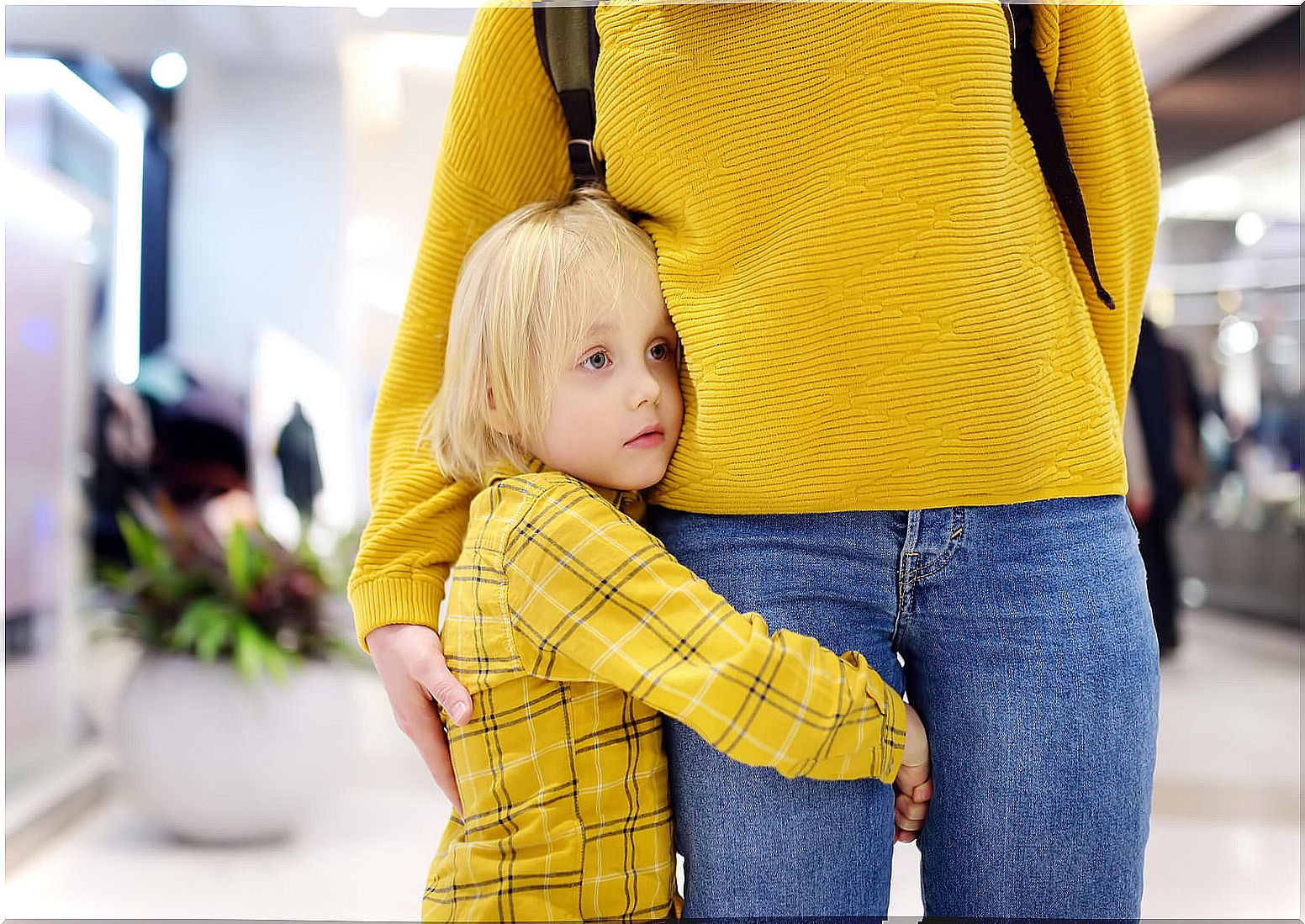
Emotional instability
When a healthy attachment bond has not been established, sadness becomes a permanent part of a person’s life, and it can alternate with feelings of anger and rage when threatened. People with this trauma are not able to control their emotions, they can cry uncontrollably or become very upset in situations that to other people may be insignificant.
Problems establishing bonds and relating socially
When a person has not had the necessary affections during their childhood, this negatively affects their ability to establish healthy bonds with other people. They can put themselves in situations that are a risk for them, get involved in toxic relationships, submission and distrust the intentions that others may have towards them.
On attachment trauma
As you have seen, attachment trauma has enormous negative consequences in people’s lives, from childhood to adulthood. It is important for us to be clear that attachment trauma does not occur due to a specific traumatic event, but rather due to a lack of emotional bond with the main caregivers.
If you think that you are not giving your child the time he deserves, stop and think about the consequences that this may have for him. You still have time to change this and establish a secure bond with your little one, with patience, care, attention, and high doses of love.
